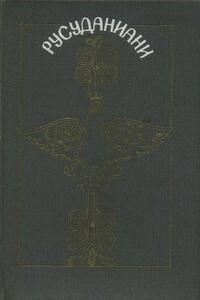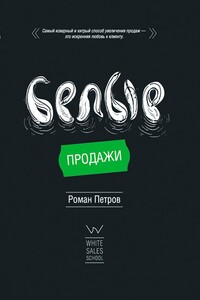Son of Holmes | страница 9
1
It was embarrassing, but with a war going on, embarrassment was a luxury I couldn’t permit myself.
The deep gray and cold of dawn were burning off into a pleasant morning as I walked along the Rue St. Philip in Valence, trying to piece together all I’d heard about the man I was to meet and solicit, Auguste Lupa.
We hadn’t made an appointment, but I knew where he would be, since every morning he followed a strict routine: up at eight a.m., a walk through the town garden, then a corner table at La Couronne from nine thirty until noon, drinking beer and reading newspapers, nearly always alone. During the afternoons, he would disappear for five hours—no one seemed to know where. He’d then reappear just before six, prepared to work as chef at La Couronne, where he was reputed to be a genius even in this land of chefs sans pareille. What was embarrassing was that we needed him, and I was chosen to meet him because of a weakness we shared for beer. We needed him, a chef not yet turned twenty-five, because he was the best spy in Europe.
May 18, 1915. The Huns were having a heyday, plumbing the depths to which humanity could sink. They’d already shown their disregard for treaty and commitment by marching across neutral Belgium last August, but the events of this month surprised even those of us who were supposedly inured to their perfidy. Two weeks ago, they’d torpedoed the ship Lusitania, killing hundreds of civilians, and on the battlefield at Ypres, they’d just introduced a new element into warfare, the heretofore-outlawed poison gas.
The streets of Valence were filled with red-eyed women whose sons, fathers, and brothers had left for the front, determined to repulse the German invaders.
At ten o’clock this Tuesday morning, I arrived at La Couronne and sat opposite Lupa, whom I’d never before seen. There are some men who can sit in a corner or in a room and simply disappear, blending into their surroundings. If such men make good assassins, this Lupa could never be one. He didn’t blend in at all. In fact, he very nearly commanded the entire street, sitting at his table, quietly drinking his beer.
Of course it was he—the high forehead and dark brown hair, combed straight back; the eyes not quite open and yet missing nothing; the heavy lips puckering after every swallow. I, too, had a paper, and settled back to watch him. He was a big man and looked immensely strong, even dressed in an ill-fitting brown suit. His yellow shirt, which would have been garish, or—worse—memorable, on an assassin, was tight across his middle, but didn’t bulge at the waist.


